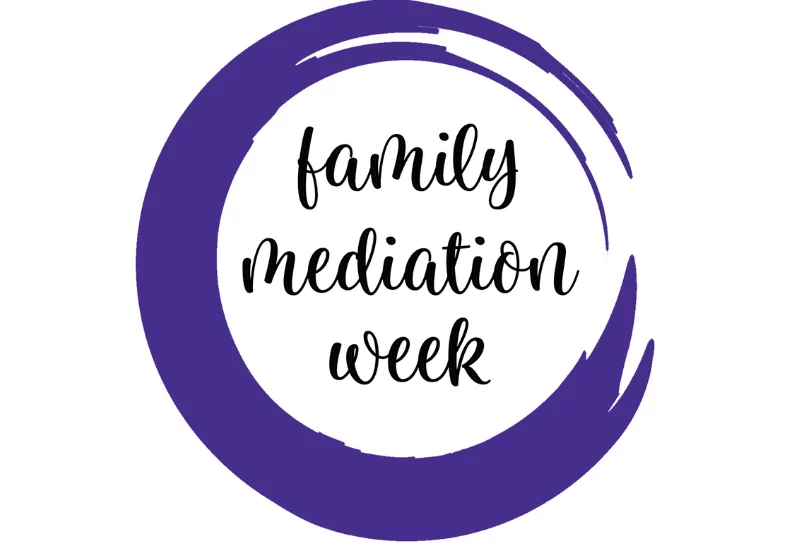What are my property rights if I am unmarried?

Navigating property rights as an unmarried individual can be challenging. Unlike married couples, cohabitees cannot make financial claims against each other under the Matrimonial Causes Act. If you have separated from your partner, you are unmarried and there is a disagreement over property ownership, you might be able to bring a claim under the Trusts of Land and Appointment of Trustees Act 1996 (TOLATA). This is a very complex area of law, so seeking legal advice is highly recommended before proceeding with a claim.
What does cohabiting mean?
Cohabiting refers to living with another person without being married. This is not limited to romantic partners; you could also be cohabiting if you’re living with a friend.
What is TOLATA?
TOLATA stands for the Trusts of Land and Appointment of Trustees Act 1996. It allows cohabiting people or co-owners of property to resolve disputes in relation to property ownership. Even if you’re not named as the legal owner, you might be able to make a TOLATA claim if you have been living in the property and making contributions financially or otherwise.
Joint tenants vs tenants in common
There are two distinct ways of co-owning property:
- Joint tenants: Both owners share 100% ownership of the property together, without distinct individual shares. If one owner dies, their share automatically passes to the surviving owner due to the right of survivorship.
- Tenants in common: Each co-owner owns has a specific share of the property, which could be equal or unequal. A declaration of trust might be drawn up to reflect these shares. If one owner dies, their share is distributed according to their will or intestacy rules.
If your relationship ends and you hold property together as joint tenants, you might consider severing the joint tenancy, converting it into a tenancy in common. This action can safeguard your share of the property if you pass away.
How does the court determine property interests?
When determining property interests and ownership shares, the court considers several factors:
Express Trust: The court first checks for an express trust, a written agreement that clearly states the property shares. This could be documented in Land Registry records or a separate contract. An express trust is usually decisive. It is recommended that if you are intending to cohabit, you seek legal advice as to whether a separate document is required from the outset.
- Constructive Trust (Common Intention): Often applied in cases involving family homes, this trust considers situations where one person holds the property title, but both parties intended for the other to gain an interest in the property. The court examines the couple’s conduct during cohabitation to determine this intention, such as contributing to mortgage payments or discussing ownership. The person claiming a share must prove they relied on this intention and acted to their detriment.
- Resulting Trust: More relevant in disputes about non-residential properties, this trust assumes co-owners’ shares are based on their financial contributions to the purchase. This assumption can be challenged with evidence of a different intention.
- Proprietary Estoppel: This principle applies when one person promises another something, and the second person relies on that promise to their detriment. The court may enforce the promise, often seen in farmland disputes.
Given the complexity of property law for unmarried couples, each case depends heavily on its specific facts. Early legal advice is strongly recommended if you are considering a court application for a declaration of beneficial ownership. If you need assistance, our specialist family lawyers are here to help. Contact us on 0800 280 421 or complete our form below.















